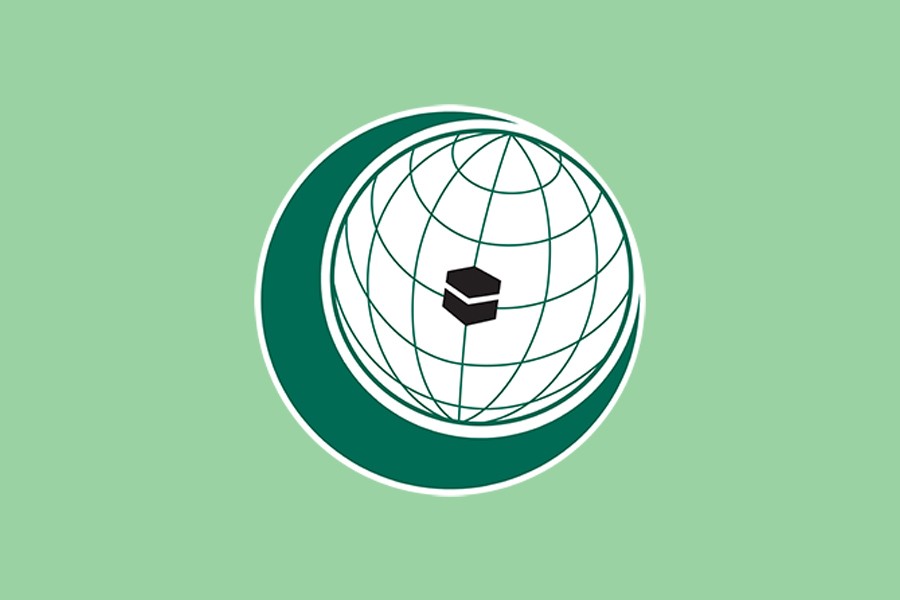The observance of and fixing of date for all Muslim festivals all over the world are dependent on seeing the new moon, as the Islamic Hijri calendar is a lunar one. Although the dates of new moon can be easily calculated in advance through application of modern astronomical methods, Muslim religious leaders cannot yet reach unanimous agreement on fixing particular dates for observing the Islamic festivals globally. Experts opine that there is no conflict between application of scientific methods and the Islamic provisions for determining the dates of festivals. Application of scientific method could easily remove confusion over the dates of Islamic festivals on the one hand, and also advance the solidarity and unity of the Muslim Ummah on the other.
Islamic provisions stipulate that the beginning of a lunar month is dependent on seeing the new moon with bare eyes. There was no controversy about it during the medieval era, as the communities were often isolated or remained disconnected from each other. But that is not apparently valid in modern times, as we live in a closely knit inter-connected world. Similar to the existence of a single globe, the moon is also one. Whenever new moon is sighted somewhere, it implies the commencement of a lunar month at that particular place. As the whole world is now extensively and instantaneously inter-connected, seeing the new moon over one site should lead to its acceptance in other sites as well.
In fact, Islamic religious leaders under the aegis of the Organisation of Islamic Cooperation (OIC) had reached consensus in the past that if moon was sighted in one country, then other countries could also accept it. Based on the recommendations of the Seventeenth Session of the 'Islamic Commission for Economic, Cultural and Social Affairs for the establishment of a Unified Hijri Calendar for the beginning of Lunar Months and the Unification of Islamic Festivals', the Twenty-First Islamic Conference of Foreign Ministers held in Karachi on April 25, 1993 had appealed to all Member States and Islamic institutions to use the time schedules prepared by the Committee on the Unified Hijri Calendar as a basis for their own calendar. It also called upon the Member States to seek the assistance of jurists, Islamic scholars and astronomers with a view to reaching an agreement for the unification of Hijri calendar.
The Islamic Hijri calendar is a lunar calendar comprising 12 lunar months in a year. The number of days is either 354 or 355. The calendar is used to specify dates for the Islamic holidays and rituals like annual fasting and pilgrimage. The year of migration (hijra) by the Holy Prophet Muhammad (PBUH) from Mecca to Medina in 622 CE is counted as the 1st year of Islamic calendar. The calendar was first introduced by the Caliph Omar and the lunar month of Muharram was subsequently set as the first month of the year in line with established Arab norms. Due to its variable nature, Hijri calendar is primarily used for religious purposes while the solar Gregorian calendar is used by Muslim states, with some exceptions, as civil calendar for the purposes of administration, commerce, finance etc.
An International Congress on the Union of Hijri Calendar was held in May 2016 in Turkey, which aimed to resolve this long-standing issue after decades of disputes over when to observe Islamic religious holidays. Islamic scholars from around 50 countries across the globe including Saudi Arabia, Malaysia and Morocco attended the landmark congress hosted by Turkey's state-run 'Presidency of Religious Affairs' (DIB). A similar event was also hosted fifty years earlier in 1979, but the agreement reached then on a unified calendar fell apart in the succeeding years.
Preparation for the latest congress had started three years earlier through the formation of a commission of experts on astronomy and Islamic jurisprudence. There were two proposals at the end: a single calendar system or a dual calendar with a separate one for the western hemisphere. A dual calendar would not have resolved the problem and the congress therefore preferred a single calendar through which Muslims in all parts of the world could observe religious festivals on the same day. The issue was put to vote and a majority of scholars agreed on a single calendar for all Muslims across the globe. The decision of the congress was then referred to the OIC for official adoption.
The DIB president Mehmet Gormez observed at the congress: "In this day and age, when people can travel to the moon and observe the movements of sun and moon second by second, in this age of major scientific developments, it was wrong to disregard these developments and insist on observing the new moon with the naked eye by climbing up mountains. God and the prophet tell us to acquire knowledge and use it".
Muslims are now a global community with presence in almost all countries, which necessitates the adoption of a unified Islamic calendar. The OIC can now give finishing touches to this ongoing effort, thereby boosting the unity and solidarity of the Muslim Ummah across the globe.
Dr. Helal Uddin Ahmed is a retired Additional Secretary and former Editor of Bangladesh Quarterly.


